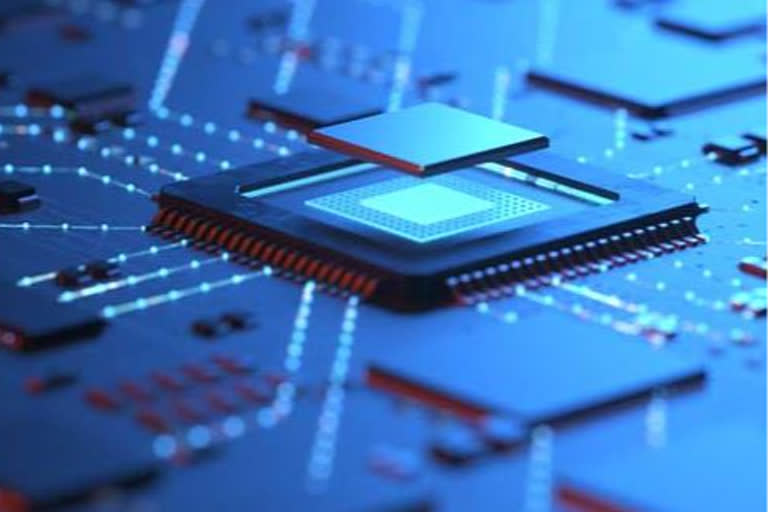Hyderabad: The world is facing a major silicon chip crunch. Everything from smartphones to cars, video game consoles to washing machines, laptops to televisions, webcams to CCTV run on silicon chips (semiconductors). Without them, the modern world would not have advanced this far. Since the automobile and domestic manufacturing industries got shut down during the COVID-19 lockdown, the demand for these chips plummeted. Chip production was further impacted when the Texas snowstorm overwhelmed the state’s electricity infrastructure and caused massive power outages.
During the pandemic, people began favouring private vehicles over public transport. Even after the lockdown was lifted and industries began production; the chip supply remained far too low for the surging demand. For this reason, Ford and Mahindra & Mahindra are planning to reduce automobile production in India. Internationally, Toyota and General Motors are also taking a similar route.
On the other hand, remote work and online education have pushed the demand for computers, smartphones and telecom sectors. Computer chip shortage is hampering these industries. Samsung and Apple are postponing the release of their latest models due to this global crisis. Australia’s state-owned broadband provider National Broadband Network (NBN) has not been able to expand its customer base due to the shortage of modems.
Chips are at the heart of everything
Advanced technologies such as Artificial Intelligence (AI), Internet of Things (IoT), 5G, Robotics, and self-driving cars are impossible without semiconductors. The US, Taiwan, South Korea, China and Vietnam have emerged as leading chip manufacturing centres. Although India is the second-biggest smartphone market, chip manufacturing is not a reality here yet.
South Korean and Chinese companies get mobile phone parts from their countries and assemble them in India. More than 80 per cent of the chips needed for mobile phones are made in Taiwan and South Korea. India has only 2 semiconductor fabrication plants (also called fab). Of these, the Society for Integrated Circuit Technology and Applied Research (SITAR) is located in Bengaluru and is run by DRDO. The other is Chandigarh’s Semi-Conductor Laboratory, under the Department of Space. However, neither of them manufacture chips for commercial purposes but the Indian Armed Forces and ISRO.
Though India is not a large scale chip manufacturer, it is its own competitor in terms of chip design. About 90 per cent of the world’s semiconductor companies operate research and development centres for chip design in India. They include top players like Intel, AMD and Broadcom. To become self-reliant and transition to a superpower, India must focus on chip manufacturing.
